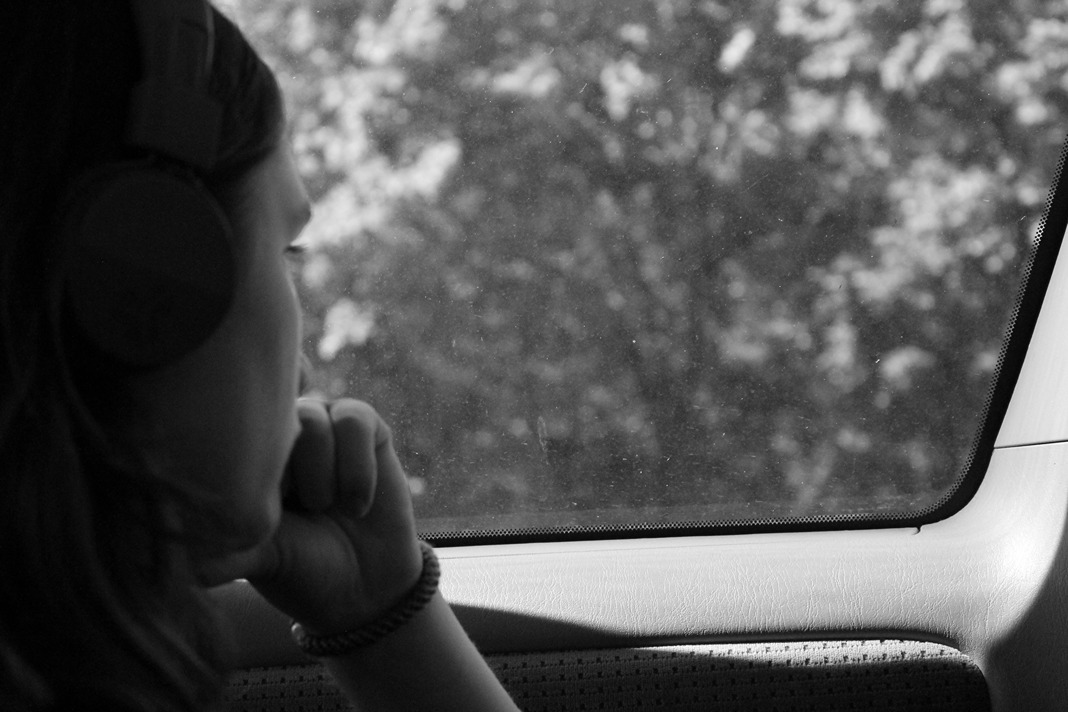Grief is a natural response to loss, but what happens when your loss isn’t recognized or validated by those around you? This kind of grief is known as disenfranchised grief — a type of mourning that often goes unseen, unheard, and unsupported. Disenfranchised grief refers to grief that isn’t socially acknowledged, openly mourned, or publicly supported. It can happen when society or your community doesn’t recognize your loss as significant or believes you “shouldn’t” be grieving. As a result, people experiencing disenfranchised grief may feel isolated, misunderstood, or even ashamed of their emotions.
The term was first introduced by grief researcher Kenneth Doka, who emphasized how important validation is in the grieving process.
Common Examples of Disenfranchised Grief
Disenfranchised grief can arise in many different situations, such as:
- Loss of a pet: The deep bond people have with pets is real, but others may not understand the depth of that loss.
- Miscarriage or infertility: These are deeply personal and painful losses, yet they are often minimized or not discussed.
- Death of an ex-partner: If a relationship ended, others may not expect or validate ongoing grief.
- Loss due to stigma (e.g., suicide, overdose, or incarceration): These losses may be judged harshly by others, leading people to grieve in silence.
- Non-death losses: The end of a friendship, job loss, or major life transitions (like divorce or moving away) can bring intense grief that society doesn’t always see as legitimate.
- Hidden relationships: In cases of affairs, estranged family members, or same-sex partnerships not acknowledged by others, the grieving person may not feel safe sharing their pain.
When your grief is not recognized or validated, it can lead to increased feelings of loneliness, emotional suppression or guilt, delayed or complicated grieving, and even mental health challenges like depression or anxiety. Without a space to openly grieve, people often bottle up their emotions, which can prolong the healing process.
If you’re experiencing disenfranchised grief, it’s important to acknowledge your loss — even if others don’t. It may help to journal your feelings, giving yourself space to reflect and express. You may also find support through therapy for grief and loss, grief groups, or trusted individuals who will listen without judgment. Remember to practice self-compassion because your pain is valid, even if others don’t understand it.
How To Support Someone Experiencing Grief
If someone you know is experiencing this kind of grief, believe them. Validation goes a long way. Listen to them without trying to fix it. And avoid minimizing statements like “It wasn’t a big deal” or “You should be over it by now.”
Grief doesn’t always follow a clear path — and it doesn’t always come with public rituals, sympathy cards, or casseroles. Disenfranchised grief reminds us that every loss is personal, and every person deserves the space to grieve in their own way. Whether your loss is widely recognized or quietly carried, your grief is real, and your healing matters.







